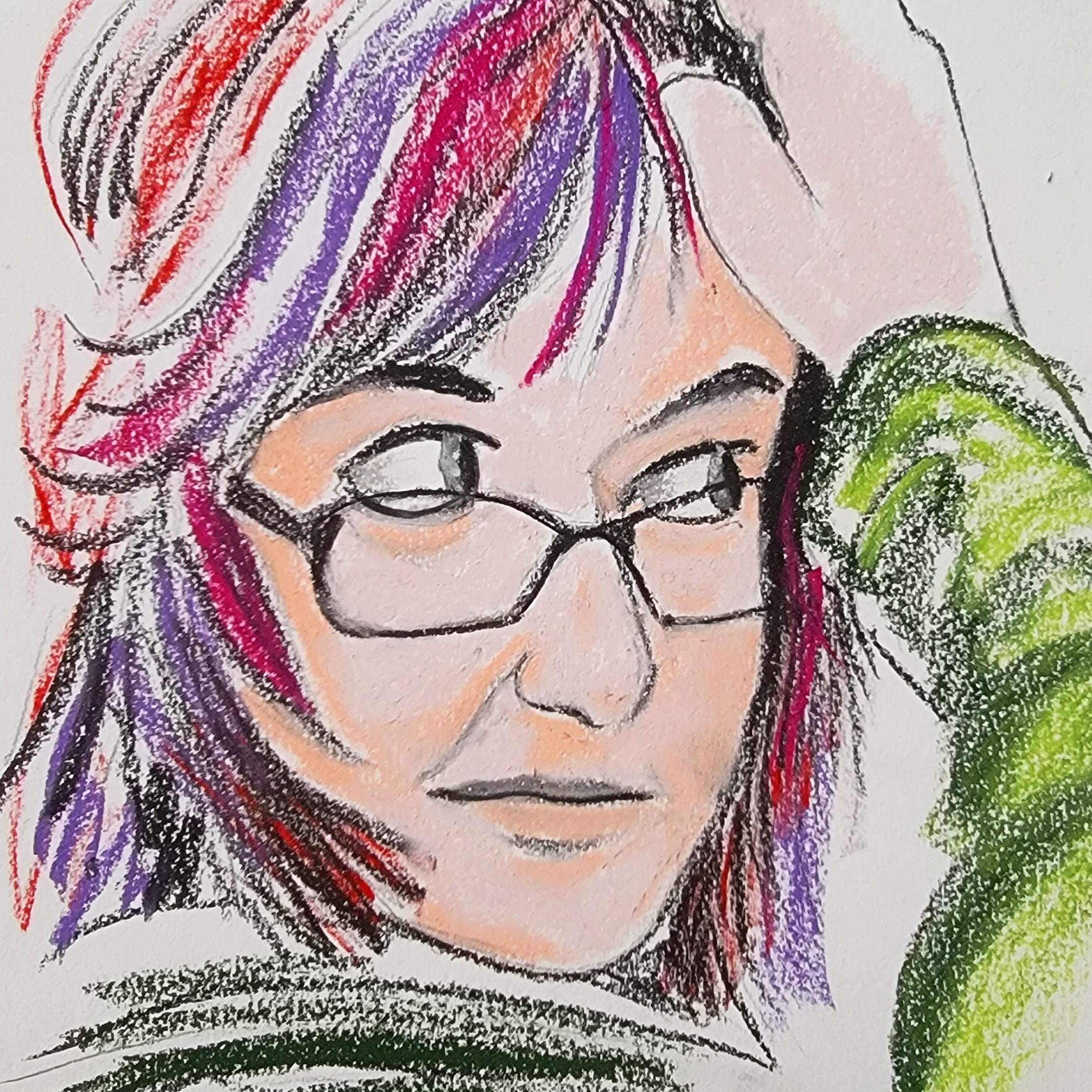I am currently learning about specificity in binding between proteins and I can’t seem to think of it in any other terms than relationships between people. They are like puzzle pieces that fit together in more or less limited ways.
Some of us have one very strong binding site – like a favorite hobby or a shared community participation. Some of us are more selective, needing more connections to stay with someone. We can all remember meeting someone that seemed to click with us in every way. The strength of a relationship and what it will take to pull us apart is felt most strongly in romantic relationships.
However, there is another kind of protein that is less like a puzzle piece and more like a clamp. Antibodies are attached and shaped like a clamp – they only require two points of contact. In my experience, people only require two points of pain to put someone into the out-group and hate them. Maybe it’s the fact that someone uses drugs, has a violent temper, is racist, is a different race, is homeless or poor or follows a different religion or votes for a different color. Even the most intolerant person can usually forgive one pain trigger. However, when they start stacking, we start to raise our defenses. Our resistance to listening and forming a bond increases.
We’ve all heard someone pile on “… and they hate gay people!” or “… and they’re a democrat!” depending on the perspective of the speaker. This always follows some other, usually minor complaint. We all have things that trigger hatred, disgust and repulsion. And we are all willing to forgive… up to a point. For most people, that point seems to be two.
That’s why intersectionality is so difficult to deal with. Expelled before they even get a chance. Working with multiple triggers even before they open their mouth.
Another property of antibodies is that they only respond to a very small section of the targeted antigen. I think that is an important connection to my metaphor. These pain points are often demographic, and a very small part of a complex, whole person. By triggering our emotional immune response, we end up rejecting people that might be good for us, or fit in other ways. We never find the points we can connect by focusing on our differences.
I find it helpful to have new frameworks in which to understand problems. Once the problem is well understood, there are often new options that were previously not seen. It is always helpful to fully understand a problem before attempting to solve it. I’ve seen the research.
Perhaps there are studies that have been done which determine friendliness between people based on demographics. It seems like the sort of thing OKCupid would have researched before they were sold. Now we, as a people, seem to be in the market of enhancing reactivity rather than studying individual or group variation.
